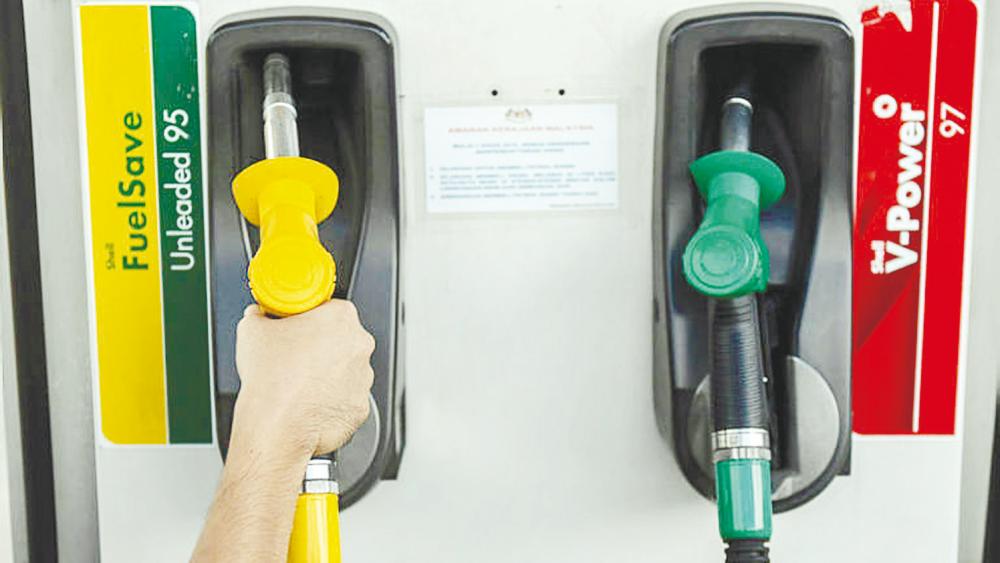PETALING JAYA: Malaysia’s consumer price index (CPI) decline of 0.2% year on year (yoy) in March marks the start of a deflation trend for 2020 according to UOB Treasury Research, notching the first annual deflation since 1969 as the expected rise in unemployment this year following the effects of Covid-19 pandemic and the movement control order (MCO) will translate into lower spending and weaker demand price pressures.
Yesterday, the Department of Statistics reported that the CPI had slipped to 120.9 from 121.1 registered at the corresponding time last year.
Despite an uptick in food price inflation, the overall CPI was pulled down by the effects of plunging global oil prices on transport cost and the effects of Covid-19 pandemic on tourism-related services. The transport price index fell back into deflation territory with a 8.9% y-o-y contraction, against a 2.4% y-o-y increase reported in February.
The imposition of the MCO on March 18 has restricted entry of tourist and foreign visitors as well as interstate travel. The retail price of RON95 petrol and diesel fell to an average of RM1.63/litre and RM1.82/litre respectively last month.
Meanwhile, prices of air passenger transport services more than halved year on year.
“Global crude oil prices have plunged to unprecedented levels amid the ongoing outbreak of Covid-19 which has slashed oil demand amid a supply glut. American energy companies have run out of crude oil storage space while crude oil contracts for May expired on Tuesday (April 21).
“Given a bleak outlook for global oil prices and lingering effects of Covid-19 pandemic, we maintain our 2020 full-year deflation forecast at -0.5%,” it said.
The research house noted that the government is expected to make an announcement in the coming days on whether the MCO will be extended beyond April 28.
“Should the MCO be extended for the fourth time by another two weeks until mid-May, it will continue to take a toll on CPI and economic growth,” it said.
CGS-CIMB echoed the sentiment that oil prices will be the main determinant of headline inflation in the near term.
Although Opec+ has belatedly agreed on sharp production reductions in April, the research house said the market is likely to remain oversupplied in the immediate term, due to demand destruction from measures to contain Covid-19.
“Based on month-to-date retail fuel prices, we expect the deflation in fuel & lubricating prices to worsen to 35-40% in April,” it said
CGS-CIMB also observed that the MCO has triggered sharp dislocation in household spending habits, with consumers prioritising essentials such as food at home, communications and education over discretionary purchases.
“To contain the cost of food consumed at home, which has seen a slight uptick in items such as meat, oils and fresh fruits, the government has implemented the Maximum Price Control Scheme for 12 essential items during April 15-28 2020, which may be extended into Ramadan.” it said.
Rebates on household electricity and gas tariffs for six months are also expected to help alleviate household costs in the immediate term.
“We expect the sharp projected GDP contraction in 2020 to keep Malaysia’s economy below potential for the next 12-18 months, resulting in an extended period of subdued inflation. Monetary policy is likely to turn more accommodative and we expect Bank Negara Malaysia to reduce the Overnight Policy Rate by 50 basis points in May, and a further 25 bps in 2H20,”it said.















